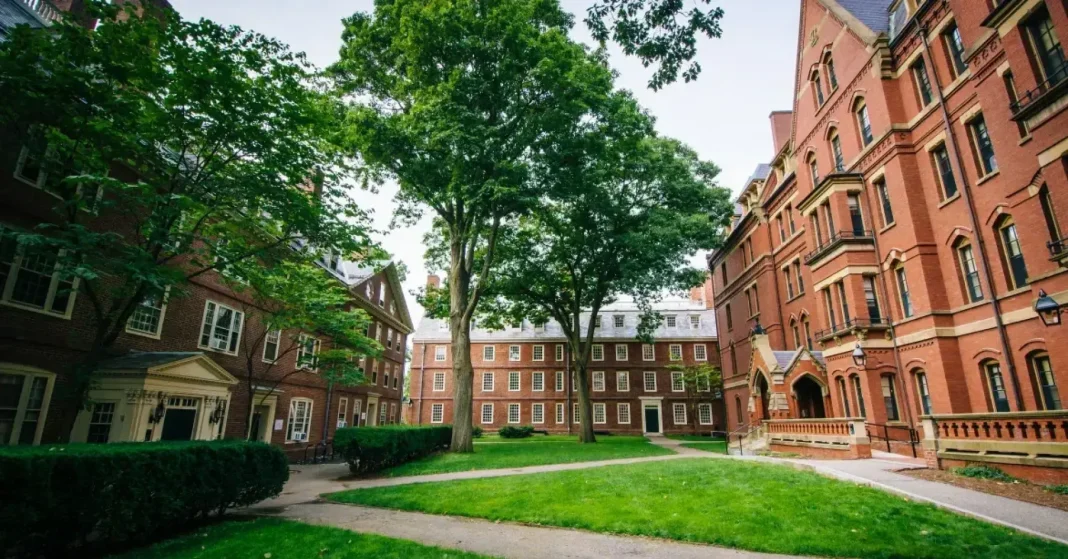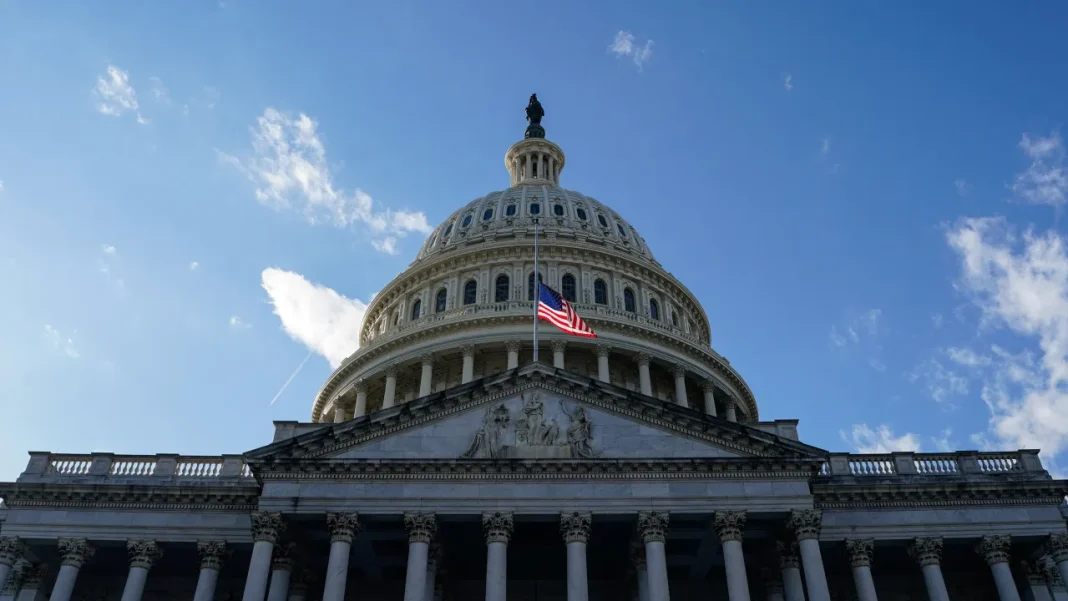The concept of societal elites has long been a subject of debate and speculation, as these influential groups often shape cultural, political, and economic landscapes. Examining the future of elites provides insight into the potential shifts in societal leadership and influence.
The Evolution of Elites in Modern Society

Throughout history, elites have traditionally been defined by wealth, lineage, or control over political power. In modern contexts, however, the definition has broadened significantly. Today’s elites may emerge from cultural influence, technological innovation, or intellectual contributions. The digital age has facilitated new opportunities for individuals to gain elite status without traditional barriers, as influencers, tech entrepreneurs, and thought leaders rise to prominence.
This evolution reflects a democratization of influence, allowing diverse voices and talents to break through historical exclusivity. The rise of technology and social media platforms has leveled the playing field, creating alternative pathways to recognition and power that were previously unavailable.
The Impact of Technology on Elite Formation

Technology plays a pivotal role in shaping the future of elites. As the influence of digital platforms expands, individuals gain the tools to cultivate personal brands and engage with global audiences. Coders, developers, and digital marketers are now among those who hold significant sway, often shaping public opinion and consumer behavior from behind the scenes.
The tech industry itself has produced a new class of elites, exemplified by the prominence of tech giants and their leaders. These figures wield considerable influence over economies and societies, driving innovations that redefine lifestyles and interactions worldwide.
Cultural Shifts and the Redefining of Influence

Cultural dynamics are also changing the landscape for elites. Traditional markers of elite status, such as aristocratic heritage or financial legacy, are being re-evaluated in light of contemporary values that prioritize diversity, inclusion, and social responsibility. Today, influential figures often leverage their platforms to advocate for social change and philanthropy.
This trend is particularly observable in fields like entertainment and fashion, where figures are celebrated not only for their work but also for their advocacy and impact on social issues. The public appeal of celebrities who champion causes reflects a broader societal shift towards valuing ethical leadership.
The Future of Elites in the Global Context

As globalization interlinks communities and economies, the concept of elites is transcending national boundaries. Global networks facilitate collaboration among influential figures from different regions, fostering a global elite with shared interests and objectives. This interconnectedness presents both opportunities and challenges, as elites must navigate diverse cultural and political landscapes.
Moreover, the future may see a shift towards collectivist ideals, with emerging elites prioritizing collaboration over individualism. This could lead to new forms of leadership that emphasize community-driven initiatives and sustainable growth.
Understanding the evolving nature of elites is crucial for anticipating changes in societal structures and influence. As technology, culture, and global dynamics continue to reshape power dynamics, the future of elites promises to be both complex and transformative.





